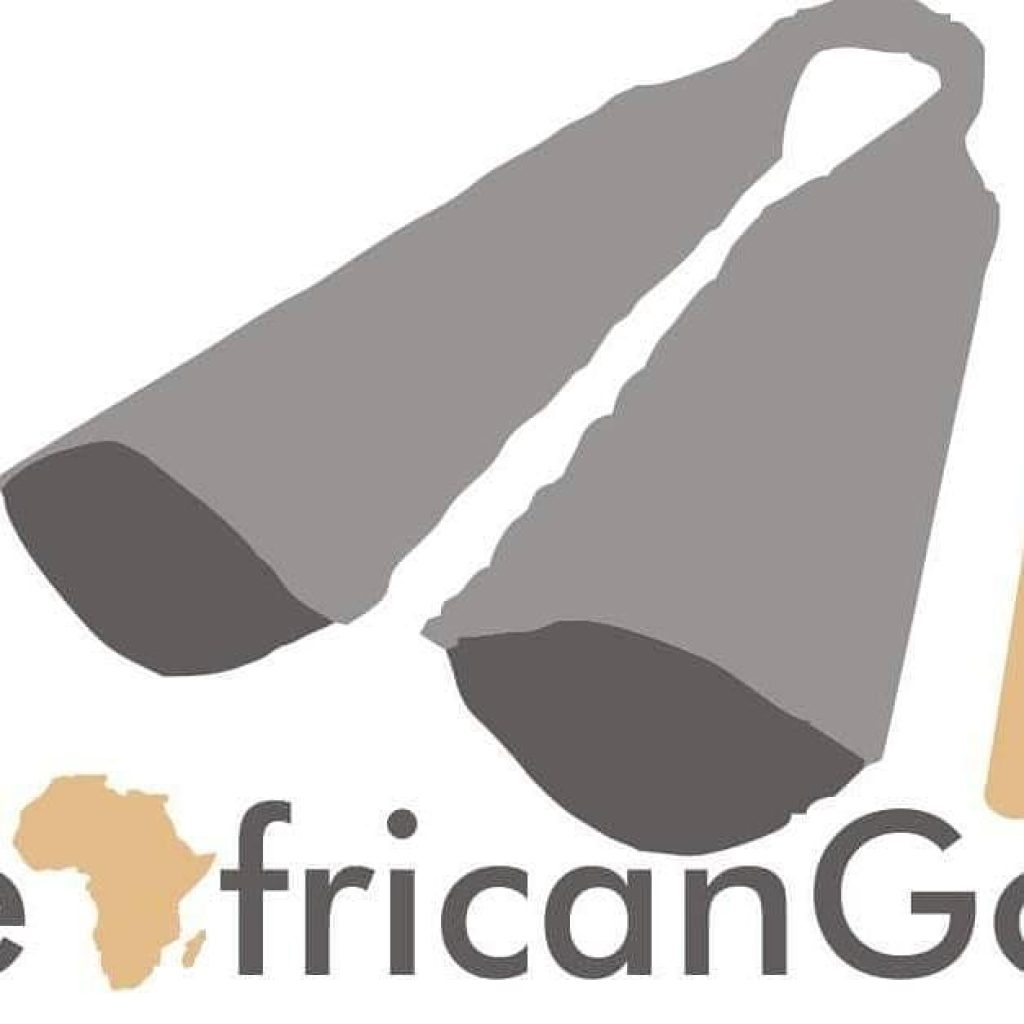
The Speaker of the House of Representatives Rt. Hon. Abbas Tajudeen, Ph.D, has stressed the need for Nigeria to have a regulatory framework in place for emerging technologies.
Speaker Abbas noted that though new technologies such as Artificial Intelligence and robotics have immense benefits, there is the need to check their misuse and abuse.
The Speaker, therefore, disclosed his readiness to sponsor a bill seeking to regulate emerging technologies soon.
Speaker Abbas made this known in Abuja on Monday at the 2022/2023 Convocation Ceremony of the National Institute for Legislative and Democratic Studies-University of Benin (NILDS-UNIBEN).
He said: “We are all aware of the challenges facing the education sector in Nigeria, including low enrolment, especially in rural areas. Despite government efforts and huge investment through the Universal Basic Education (UBEC), the challenge remains substantial. Out of 258 million out-of-school children worldwide, an estimated 62 million are in Sub-Saharan Africa.
“Nigeria accounts for a substantial percentage of this number. Other related challenges confronting the sector include low quality, outdated curricula, insufficient infrastructure and gender disparities. These existing problems have been worsened by insecurity and the COVID-19 pandemic. In north-eastern Nigeria, attacks on schools, students, and teachers profoundly disrupted education.”
Cognisant of these and related challenges, the Speaker said President Bola Ahmed Tinubu, GCFR, is committed to repositioning and revitalising the education sector to make it more suited to meet contemporary challenges.
He stated: “Of particular interest is the need to reform and update school curricula to ensure relevance in a rapidly changing global landscape. An outdated curriculum has been shown to result in skills mismatch and stagnation in innovation. This is important given that we live in a highly digital and innovations are evolving at the speed of light.”
Speaker Abbas noted that technological and scientific innovations such as in the field of Artificial Intelligence (AI) are presenting opportunities hitherto thought impossible.
He also noted that AI can create many benefits such as better healthcare, safer and cleaner transport, more efficient manufacturing, and cheaper and more sustainable energy.
He further stressed that integrating AI into education presents a transformative shift in how teaching and learning are conducted.
He added that AI has the potential to customise learning, enhance educational tools, and improve administrative systems, offering several benefits and also posing unique challenges.
However, the Speaker stated: “Despite the opportunities of AI, there are risks involved. Datasets and algorithms can reflect or reinforce gender, racial or ideological biases. More critically, AI can deepen inequalities by automating routine tasks and displacing jobs.
“There is also likely to be a rise in identity theft and fraud, as evidenced by the use of AI to create highly realistic deep fakes. These are intended to misinform, trick and confuse people. Attackers use these maliciously crafted videos, photos and audio to create societal unrest, carry out fraud and damage the reputations of individuals and brands.

“Accordingly and in recognition of the opportunities and threats posed by AI, the 10th House of Representatives will engage stakeholders and experts on this and related issues to leverage their potential and address issues of privacy, accountability, ethics, security and intellectual property. We will work with the Executive to ensure the integration of emerging technologies like artificial intelligence, robotics, and renewable energy into the curriculum.
“Therefore, in the coming weeks, I will introduce a bill to regulate Artificial Intelligence (AI) and ensure better conditions for the development and use of this innovative technology in Nigeria. This will be the first such effort in Africa and one of only a few undertaken by parliaments worldwide.”

